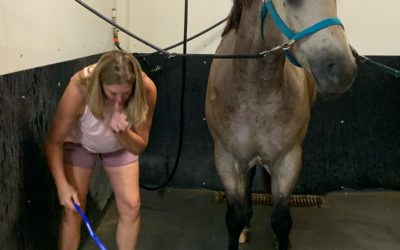Tips for Parenting Children Who Prefer Judging
Tips for Parenting Children Who Prefer Judging
Parenting Based On Personality Type
What you need to know & do to support the child that
approach goals through the Judging preference
According to Carl Jung, father of personality type, Judging Children approach goals and complete tasks through the Judging preference.
Characteristics of the child that prefers Judging:
- Value time to prepare
- Take pride in work complete
- Appreciate clear guidelines & expectations
- Like to get things settled & done
- Prefer completing one project at a time. Can become stressed if there are too many unfinished project
- Don’t enjoy the unexpected. Need predictability
- Can find frequent changes stressful
- Like do complete things the “Right Way”
- Prefer to work hard first & play later
- Good at predicting how long it will take to complete a task
Tips for Parenting Children Who Prefer
Judging:
- Give clear expectations for tasks
- Be on time. This includes staying on a timeline
- When possible, allow them to complete one project at a time. Watch for signs of stress if there are too many unfinished projects at a time
- Give them a heads up whenever possible. The unexpected can create stress
- Be as predictable as possible. They need predictability
- Give them a plan in advance & stick to it whenever possible
- Allow them to pace the tasks
- Take time to praise them for their finished project. They value the finished project more than the act of doing the project
Attend A Workshop To Learn More About Parenting Based On Personality Type
To learn more about Personality Types and their functions,
register for a Personality Type workshop
Michele Burch Reid, MS, founder of LCI, is an Organizational Effectiveness & Personal Development Consultant and Coach. Michele has a master’s degree in Industrial/Organizational Psychology, as well as several certifications. She helps clients create overall satisfaction & potential by tapping into their natural strengths with Personality Type, Emotional Intelligence Training, Biofeedback & other Brain-based tools. Michele’s philosophy is that when you discover what inspires you, you can more easily inspire and lead others. Whether that is in the board room, the classroom, or the family room.
More From Michele
Extraverted Sensing (SE)
Extraverted Sensing (SE) ESTP - ESFP"What IS" The function when we are focusing our attention on the real and present world, using our 5 senses. For example:Listening to a dog bark. When our brain focuses on the sound of the dog barking, it is exercising...
Eight Cognitive Functions of the MBTI
The 16 MBTI types can be simplified into 8 Cognitive Functions Important to remember: Everyone uses all 8 functions Our type determines our ability to use each function 2 will serve as our strengths 2 will serve as our weakness or blind spots The remaining 4 are our...
Importance of Non-Verbal Communication
The other day while I was grooming my horse, it hit me how important non-verbal communication is. In the words of Keith Whitley, There is so much that is being said “when you say nothing at all”. There is so much trust, loyalty, vulnerability, and even communication...





